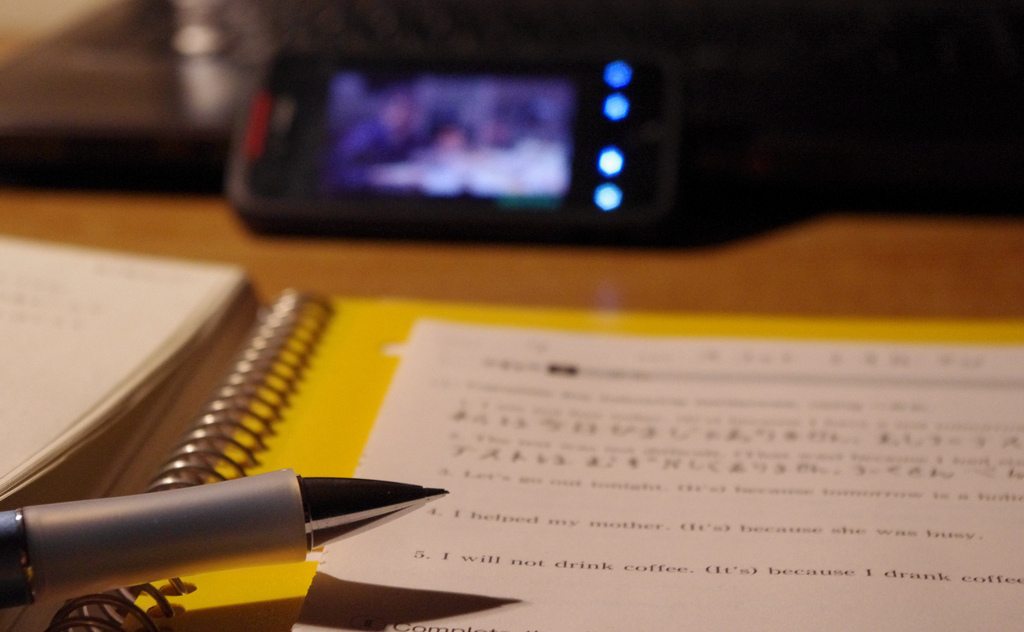Rise in student cheating during the Covid-19 pandemic, say universities
Student cheating globally has increased during the coronavirus pandemic, partially because of the shift to online tuition, according to Times Higher Education.
The shift to virtual learning has driven student stress while also allowing more opportunities for students to answer questions with online assistance.
The University of Waterloo in Canada found 1,340 incidents of cheating up to August 2020, an increase of 146% on the previous year, while the University of Calgary found cheating had increased by 269%.
The Quality Assurance Agency in the UK found Covid-19 had “accelerated” the growth of contract cheating, with 904 essay mills providing ghost-written texts known to be operating.
Dr Sarah Eaton, an associated professor of education at Calgary, stated that “academic misconduct is not a micro-problem, it’s not even a macro-problem – this is a mega-problem” and that the problem was “rippling across the globe right now”.
Institutional responses to cheating, which include electronic surveillance tools, have sparked protests from students, outside experts and lawmakers.
Academic misconduct is not a micro-problem, it’s not even a macro-problem – this is a mega-problem
– Dr Sarah Eaton
The Electronic Privacy Information Center filed a legal complaint with city officials in Washington, D.C. and accused five test monitoring companies of illegally collecting personal student data.
Camilla Roberts, director of honour and integrity systems at Kansas State University, argued fewer “high stakes exams” should be used and be replaced by regular quizzes.
Dr Eaton suggested oral assessment provide a more effective way for learning whether a student is struggling as she can “figure out in five to 10 minutes what they know and what they don’t know”.
Amanda McKenzie, the director of academic quality assurance at Waterloo, stated that “many students felt uncomfortable with online classes, didn’t have safe and reliable environments in which to study, and faced professors who may be even more hostile towards the format”.
Ms McKenzie also argued that institutions should be responding with compassion and reflecting on their approach to modern education with “the opportunity in this moment is to really dig at the deeper learning”.

Comments